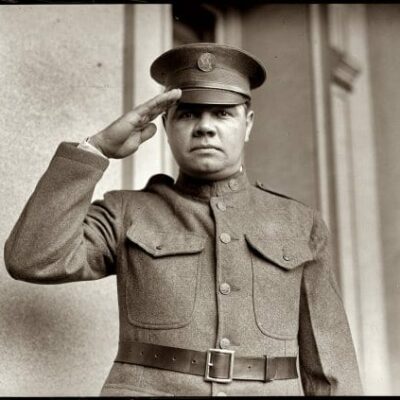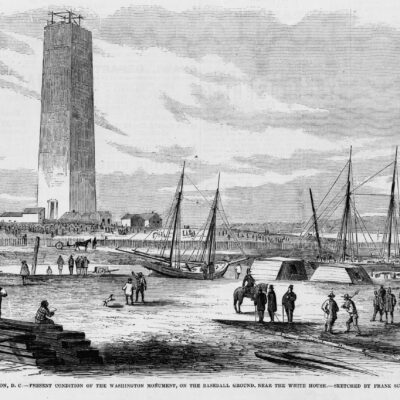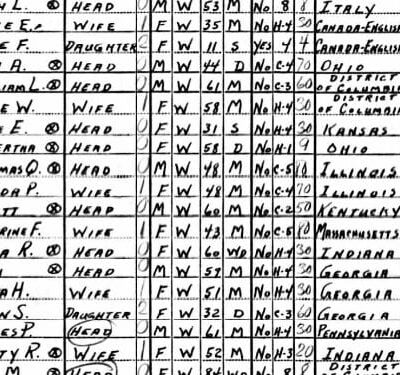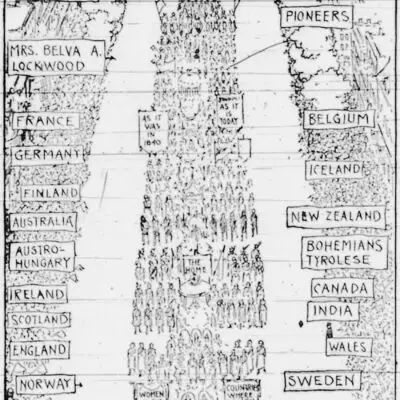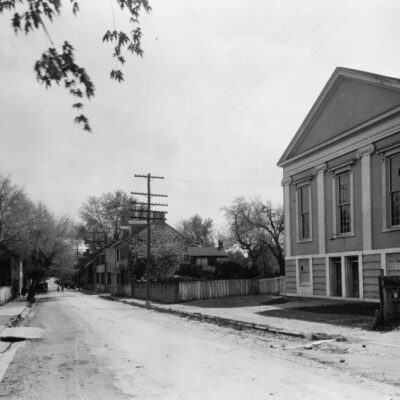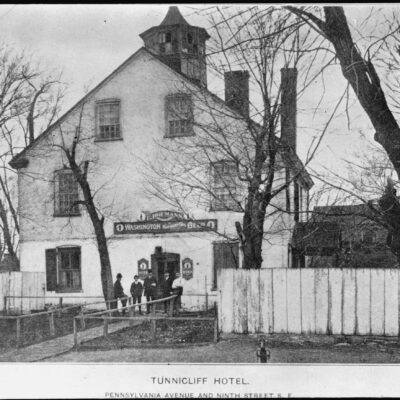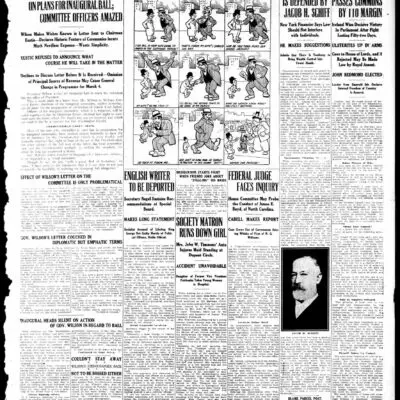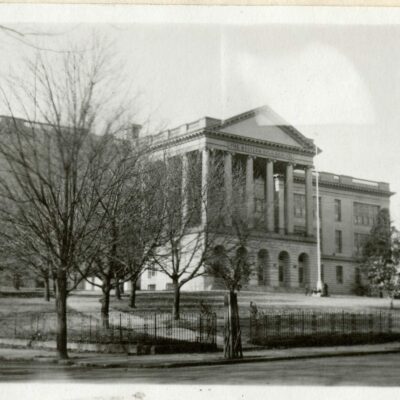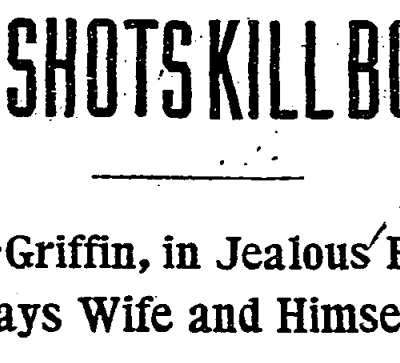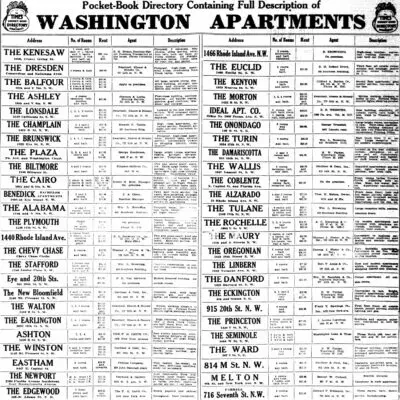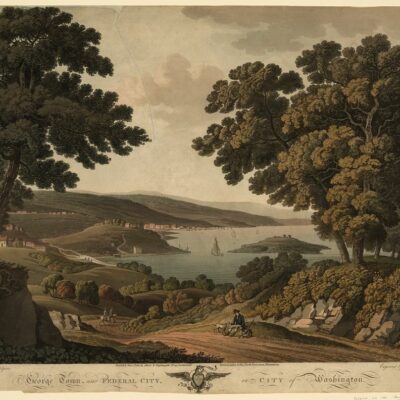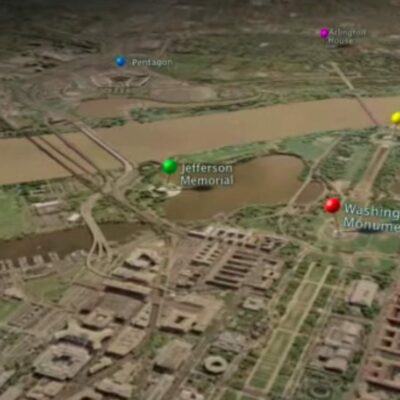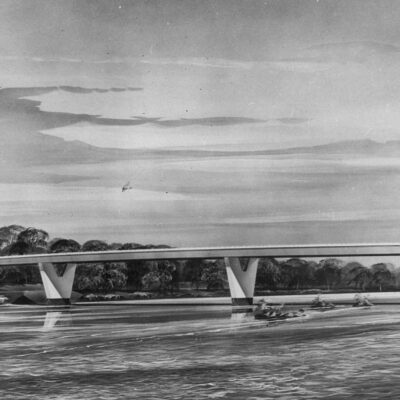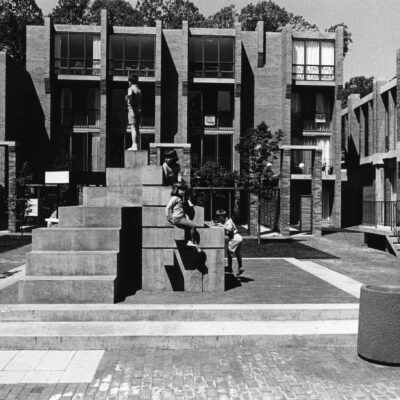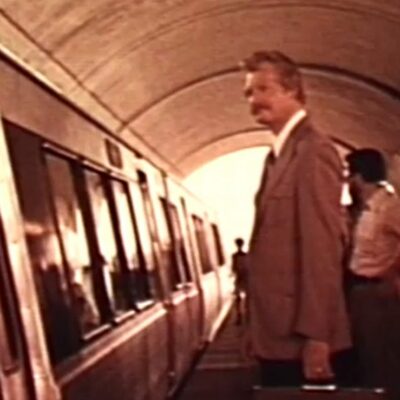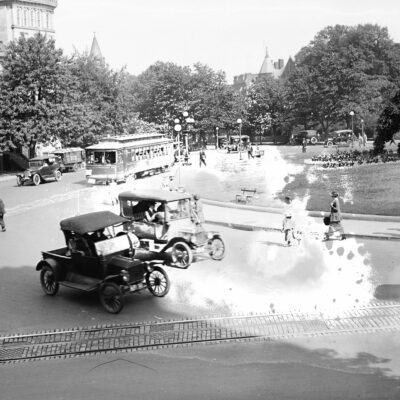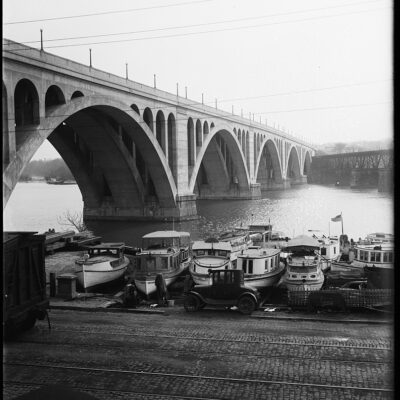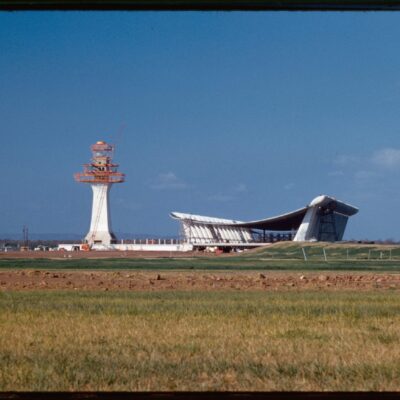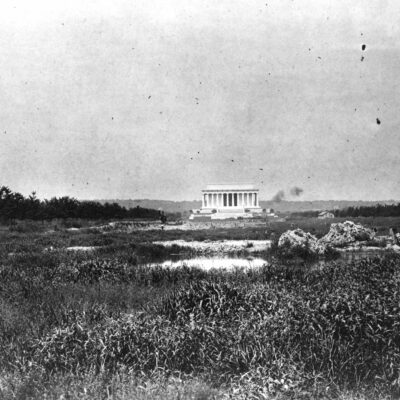I thought the triple homicide post I put up was crazy. This one is right up there.
The National Capital Brewery (cool PDF here) was a giant presence in southeast, near Capitol Hill. The plant stood at 14th and D St. SE (where Kentucky Ave. interests them). The Washington Post reported a crazy story of a murder-suicide that happened in the fall of 1912.
The article below is from October 1st, 1912.
Confronted by a mystery involving the disappearance on September 17 of Arthur A. Webster, and the suicide on Sunday of Lennte L. Jette, the latter a former employee of the National Capital Brewing Company, and the former and habitue of the same place, the police last night were bending every effort to determine the facts in what they term a most extraordinary case.
Webster, on the evening of his disappearance, told his wife he was going to the brewery, where Jett was employed as a fireman. That he did enter the brewery, and that there ensued a passage of words between him and Jett, is attested by a police witness. From that evening, until the present time nothing has been heard from Webster. His wife is firm in her conviction that he was murdered.
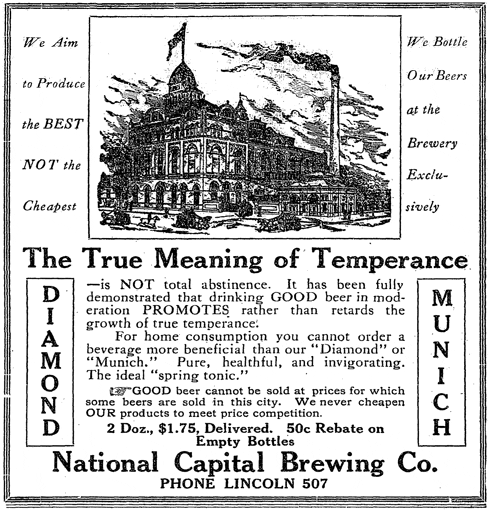
The article continues below and it gets even crazier with the disappearance of Webster.
Jett, on Sunday night, sent a bullet into his brain and died a suicide. The police, consequently, are seeking now to fathom the “mystery of the brewery.” It is singular, the police reason, that one man, visiting the brewery, and following an alleged altercation, should suddenly vanish, and that within two weeks the other principal should suddenly and his life.
A statement by an important witness, made yesterday to Capt. Mulhall at the Fifth precinct, following a succession of other unusual happenings at the brewery since Webster dropped out of sight, has, in the opinion of the relatives and others, gone a long way toward showing that he met with foul play.
The witness is Michael J. Barrett, of 355 H street southwest, a helper in the boiler room at the brewery, who was on duty there the night of September 17, when Webster went there the last time. Their suspicions already aroused by Sunday’s developments, the Fifth precinct police began their investigation all over again yesterday.
Patrolman Kenney, whose post takes in the brewery, found Barrett at his home, and escorted him to the station to tell what he knew. Barrett no longer hesitated to talk freely about the events of Webster’s last night in the boiler room. Last night he told a Post reporter what he had told Capt. Mulhall.
“I will tell you just what I told the police,” said he. “Webster had been coming to the brewery at night a long time. There was one man in the boiler room, Jett, who, I understood, did not like him. I knew this, and that, Tuesday morning about 2:30, when Webster came along, Jett was right there with me. Webster stopped in the doorway, as if waiting for an invitation to come in. I did not ask him in. But very soon Webster came on in uninvited, and when he got to me I said to him: ‘You had better be careful. You know Jett does not think a whole lot of you.’ Our men shift around from day to night duty, and a large part of the time Jett was not around after midnight, when Webster was in the habit of calling.
“I noticed that Webster had been drinking. When he got to the rear of the room he drew a flask of whisky from a pocket and invited Jett and me to have a drink. We accepted, and I went back to my work. I was raking the ashes out of the furnace. Presently Webster and Jett disappeared from sight just around the corner of the end boiler. Soon I heard Webster say in loud tones something about an old quarrel between the two of them, and before long I heard more loud words. I could not catch all that was said for the occasional roaring of the furnaces.
A bottle of whiskey at work? … around giant furnaces? That does not sounds like a good idea, nor does it sounds like a safe working environment.
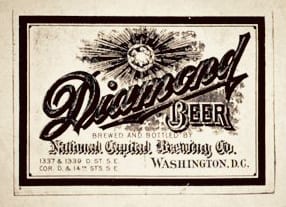
“The talking suddenly stopped, and Jett came from behind the boilers. About 15 or 20 minutes afterward I walked back behind the end boiler, and to my surprise found Webster either lying down or sitting on something very low behind No. 6. That is the number of the end boiler. I finally concluded that that drink I had had with him had knocked him out. I went back to work, at at 4 o’clock got ready to quit. I was relieved at that hour. Before leaving I said to Jett: ‘Webster is lying back of No. 6.’ Jett said nothing. Nor did I say any more to him.”
Asked who else was in the boiler room from 4 o’clock on, Barrett replied that there may not have been anybody there between 4 and 8 o’clock. “The watchman made his last round at 3 o’clock,” said he. “The engineer sometimes drops in once or twice in those four hours, but he is not obliged to, and seldom does. He drops in oftener early in the night.”
Regarding the old quarrel between the two, Barrett said, “that occurred last spring in the street right in front of this brewery. Webster knocked Jett down with one blow of his fist. That was all there was to that, but it is well known about here that Jett never forgave nor forgot it, although he subsequently shook hands with Webster at Chesapeake Beach.”
The Wednesday after Webster disappeared, Barrett also dropped out of sight, but was found at his home. He reported that he was sick with chills and fever, and did not report for duty again until yesterday afternoon. He said the occurrences of Webster’s last night at the brewery had absolutely nothing whatever to do with his absenting himself from work.
On Sunday night, Jett committed suicide at his home, 627 Florence street northwest. He had left no note showing why he had planned to kill himself, but his family still suppose that he did so because he had been discharged from his employment. It was stated that the brewery that he was dismissed because on last Saturday afternoon he refused to work after quitting hour until another fireman came in to relieve him.
Barrett’s statement to Capt. Mulhall was more or less involuntary, and is generally credited.
While officials of the brewery all ridicule the idea that the missing man was cremated in the furnace there, none denies that it could have occurred. The fires are never banked there except on Saturday night. All hours of the day and night, and particularly on toward 5 a.m., the hour for beginning of the day’s work, the fires are kept raging. The boilers generally carry about 125 pounds of steam. They held that much last night as early as 9 o’clock, and more towards morning. Officials admitted that a human body might have been crammed into any one of the six furnaces by a strong man, and entirely cremated between 4 o’clock that morning, when Barrett left, and 8.
The ashes of the dead would have been so mingled with the coal ashes that the difference could not have been detected by an ordinary process.The ashes of this brewery are all dumped on a lot only a few squares from the place. They are carried out every day, so that if Webster’s is among them they are probably buried so deep that they can never be found.
For all this, Webster may still be alive. Some time ago he spoke to his wife of quitting his work here and going to St. Louis, Mo., to accept a position his brother had promised to get him. It is certain that he had about $40 the morning he disappeared, and a few friends still cling to the hope that he availed of that opportunity to go there.
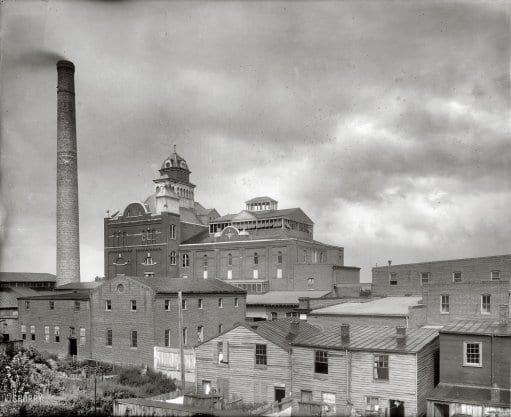
Still alive and in St. Louis? I really doubt that. He did not update his Facebook status and he did not check-in on foursquare. I’m guessing this does not end well for Webster … or rather, already had ended poorly for him (I’m guessing and don’t want to give it away).
His wife and mother both sent special delivery letters to his brother a few days after he went away, requesting him to let them know if Arthur appeared there. Neither has yet received a reply.
Some of the men about the brewery also inclined to the belief that Webster went West. Joseph C. Carry, who was in charge of the brewery last night, invited the reporter to go through the place and talk with whomever he pleased about the case, and seemed anxious to see the mystery cleared up.
The police say that Barrett’s statement, though apparently truthful in every detail, is almost unsusceptible of proof. He alone, they say, really knows anything that bears directly on the point.
The newspaper had an article the next day with the title “1 Body in Furnace; 1 Dead by Bullet” … intense. Here’s an excerpt:
A mass of charred bones and human teeth, raked yesterday from an ashpit of a giant boiler in the engine room of the National Capital Brewing COmpany, and the dead body of Lennte L. Jett, fireman at the brewery, lying at his home with a self-inflicted bullet wound in his head, furnish a deep mystery which is baffling the police.
The police had enough evidence with the bone fragments as well as blood stains on bricks near the boiler, to come up with the theory that Jett had bludgeoned Webster and then disposed the body in the furnace. A gruesome way to go.
Enjoy this post? Follow us on Twitter (@GhostsofDC) or Facebook to get updates from Ghosts of DC.
